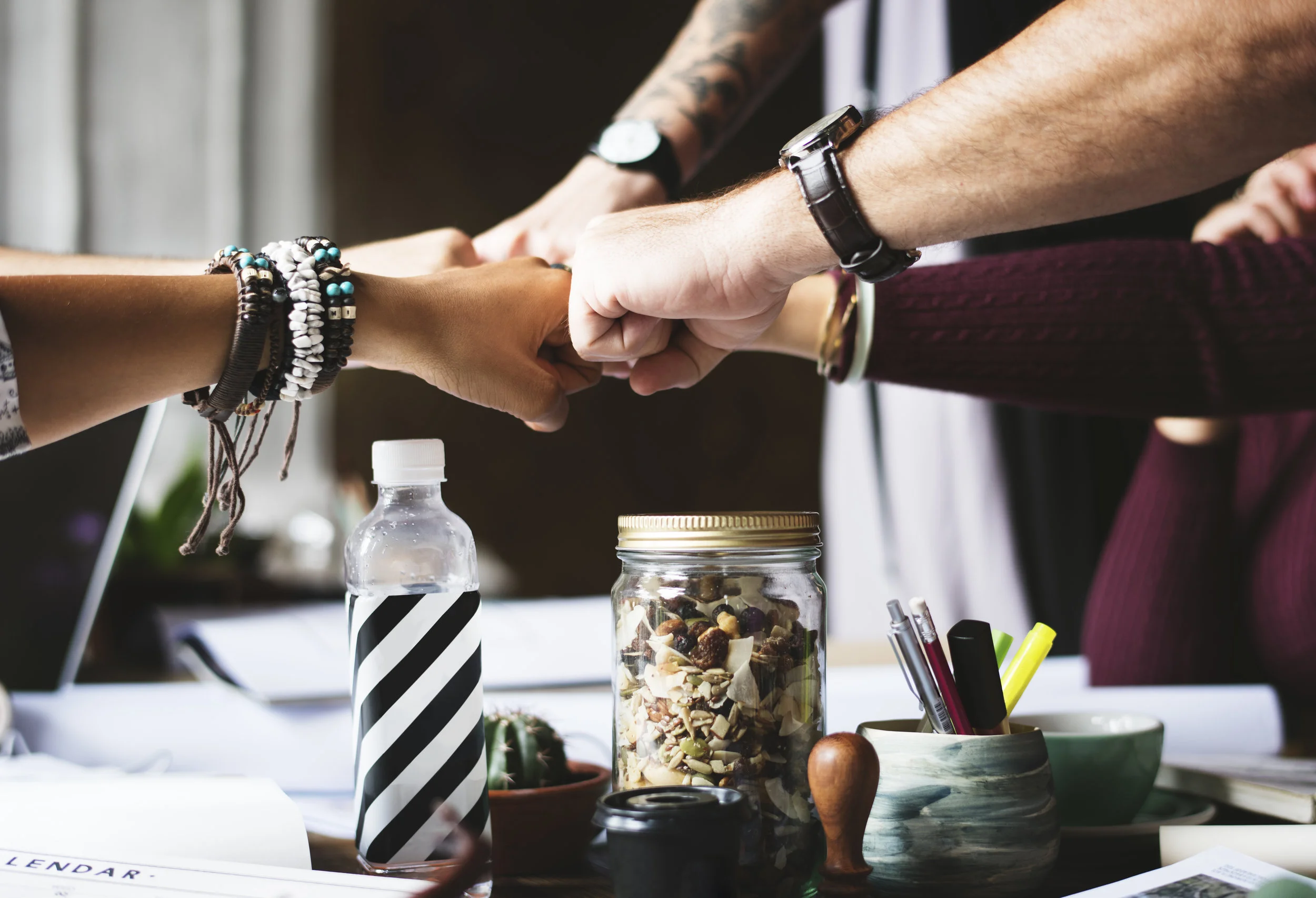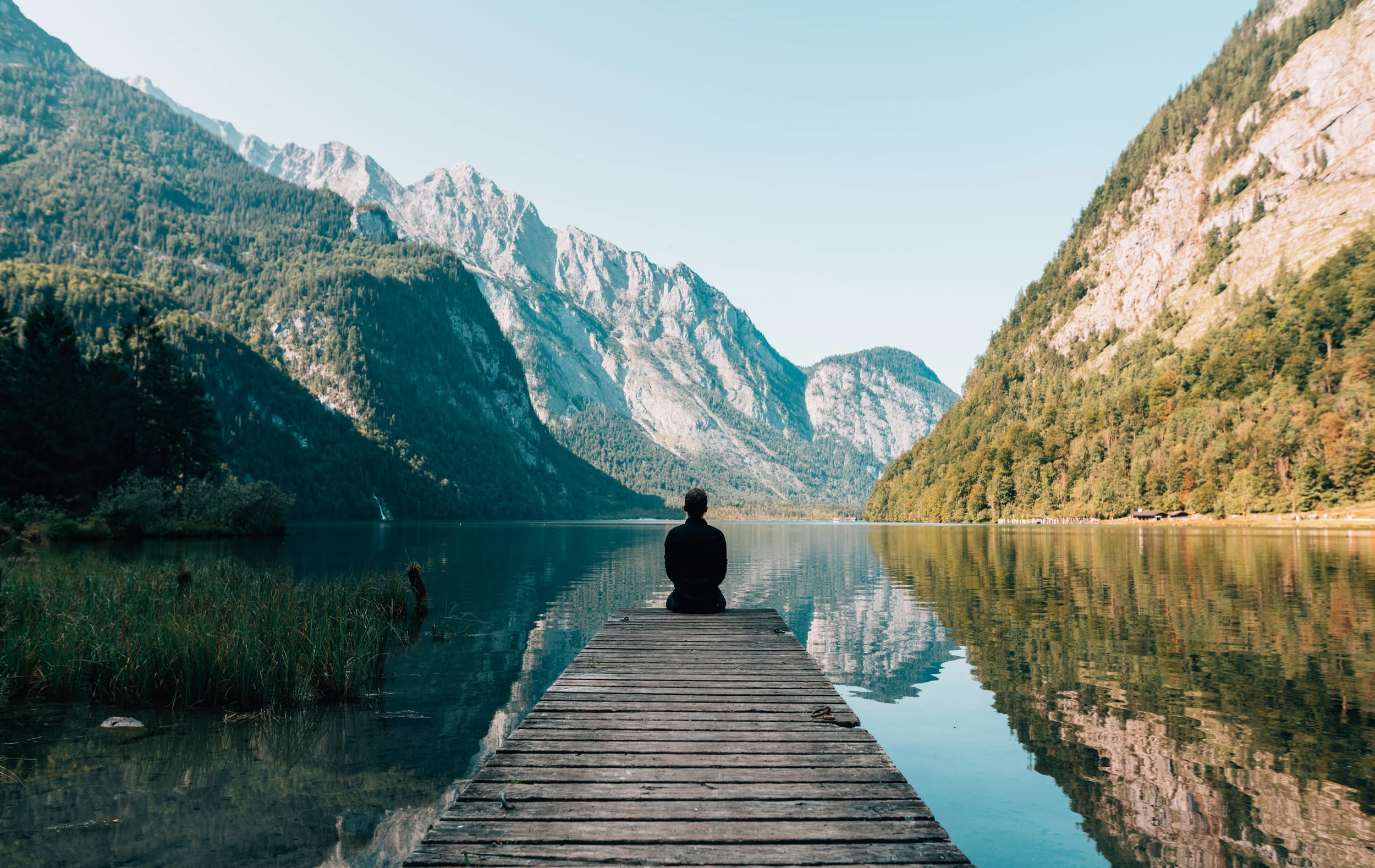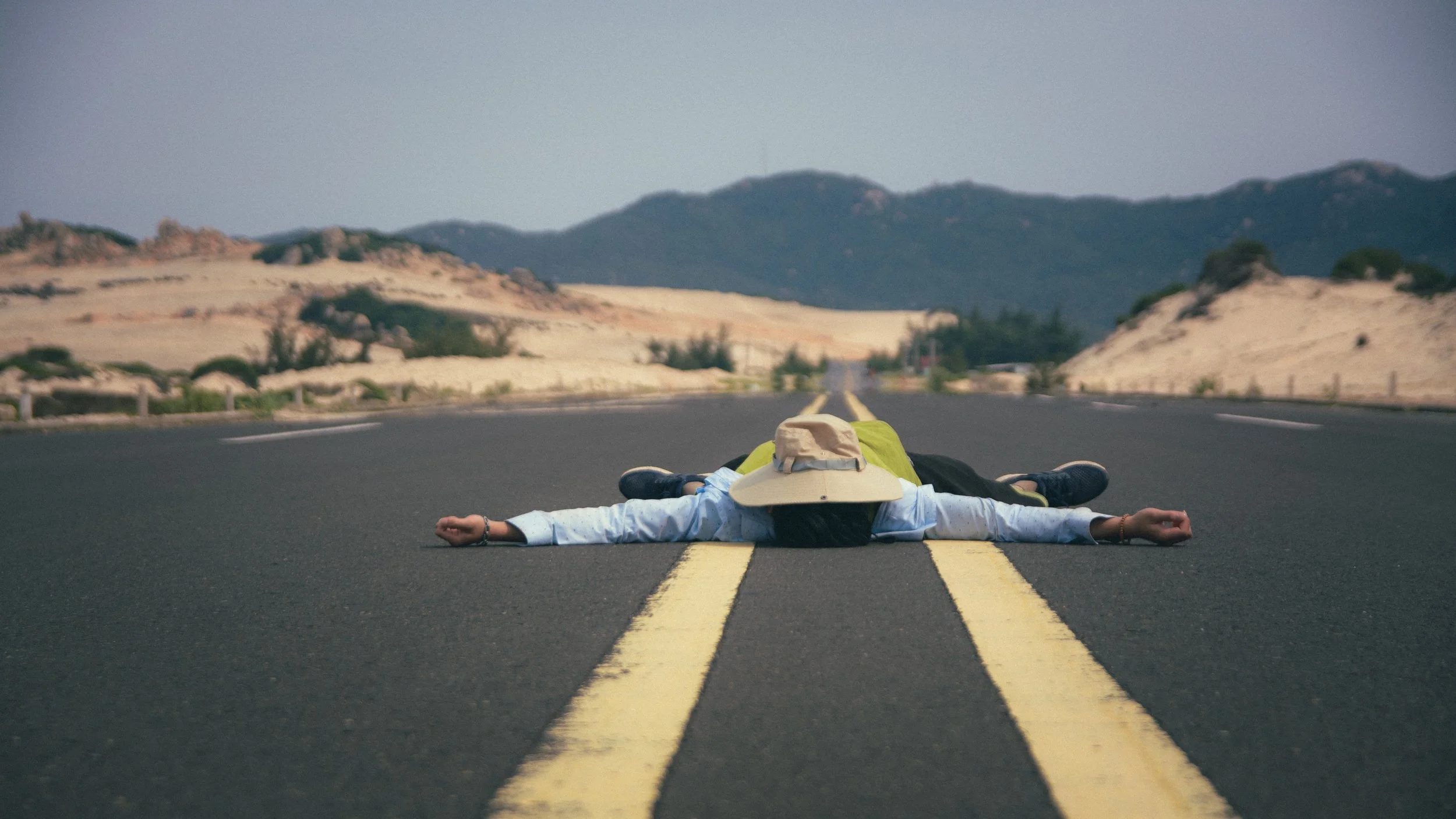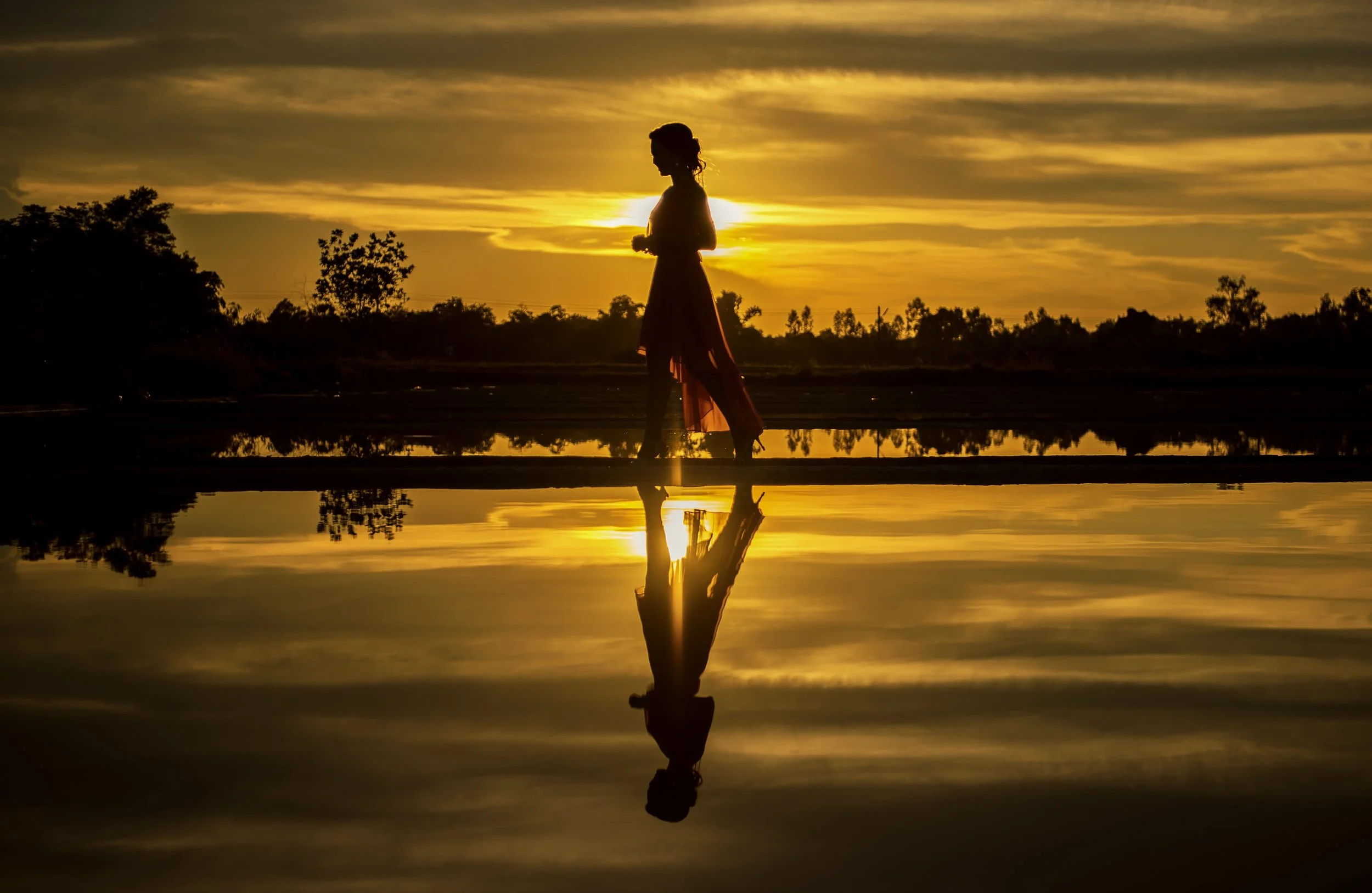Mindfulness 101

Mindfulness has become increasingly popular in recent years and for good reason. I began practicing mindfulness and meditation about 2 years ago and the benefits on my life have been huge. Research also indicates broad application of mindfulness to a myriad of issues including addiction, depression, anxiety, pain, and relationships. There’s a lot of misconception surrounding the idea of mindfulness so I’d like to give you a little introduction.
Mindfulness is the skill of being present, aware of where we are and what we’re doing, without getting lost in our thoughts, feelings, or what’s going on around us. Mindfulness is like sitting on a porch, watching cars (i.e. emotions, thoughts, memories, etc) go by. Instead of watching them, a lot of us hop in each car that comes, takes a ride, and then wonder why we’re grumpy or exhausted at the end of the day. Mindfulness teaches us to step back and just watch the cars come and go.
Mindfulness also teaches us that while our feelings and thoughts are valid and real, they are nothing more than mental events. They do not define who we are or what our reality is. We learn to become unstuck from those feelings and thoughts, to sit with them, and, best of all, to manage them and not let them control us!
Mindfulness is available to everyone, no matter your gender, race, or class. It is available all the time, no matter where we are, or what we’re doing. However, mindfulness, like all skills, develops with practice. You won’t be very good in the beginning and will have to practice regularly to improve. Don’t let this discourage you. Just set aside a few minutes each day for mindfulness practice and watch your abilities grow!
What can we do to be more mindful? There are a lot of options that you can incorporate into your daily life. The place where a lot of people start is meditation. Mindfulness meditation has been developed over thousands of years to help you build your abilities. This usually consists of focusing on the breath, getting distracted, and coming back to the breath.
Many people think meditation is about clearing your mind and refuse to practice because they don’t think it’s possible for them. That's a misconception. You won’t be able to clear your mind right away or maybe even ever. Meditation is about focusing on the breath, getting distracted, and returning to the breath. Every time you do that (distraction and returning) you are building your mind’s ability to focus on what it chooses to. You’re doing a push up for your brain.
Many people also like to incorporate more active mindfulness activities into their daily life. These include things like yoga, mindful walks, mindful eating, mindful showers, etc. The key is to start doing whatever it is you normally would do but in a mindful way.
Often, in the beginning, it can be hard to just remember to be mindful. This happened to me so I incorporated various reminders. I changed my phone lock screen to a pretty photo with the words Be Mindful on it. I installed a mindfulness bell on my internet browser. (You can find a browser app here and a mobile app here.) There are all types of things you can do to help yourself remember including sticky notes, calendar events, or alarms. A lot of the meditation apps even have reminders built into them. The key is to start building a habit of returning to mindfulness after a period of distraction.
Mindfulness is a broad topic and the more you practice it, the deeper your understanding will become. I suggest you start doing your own research and practice to see where the journey takes you :)
I'll also leave you with an awesome mindfulness video that was super helpful for me when I first started out.
If you want to stay connected sign up for the email list below, submit feedback here, or follow me on Instagram.
Signing up for the email list will include you in deep dive emails to help you learn more about each topic and improve your mental health.





